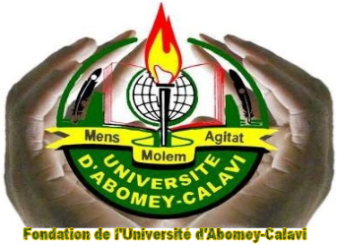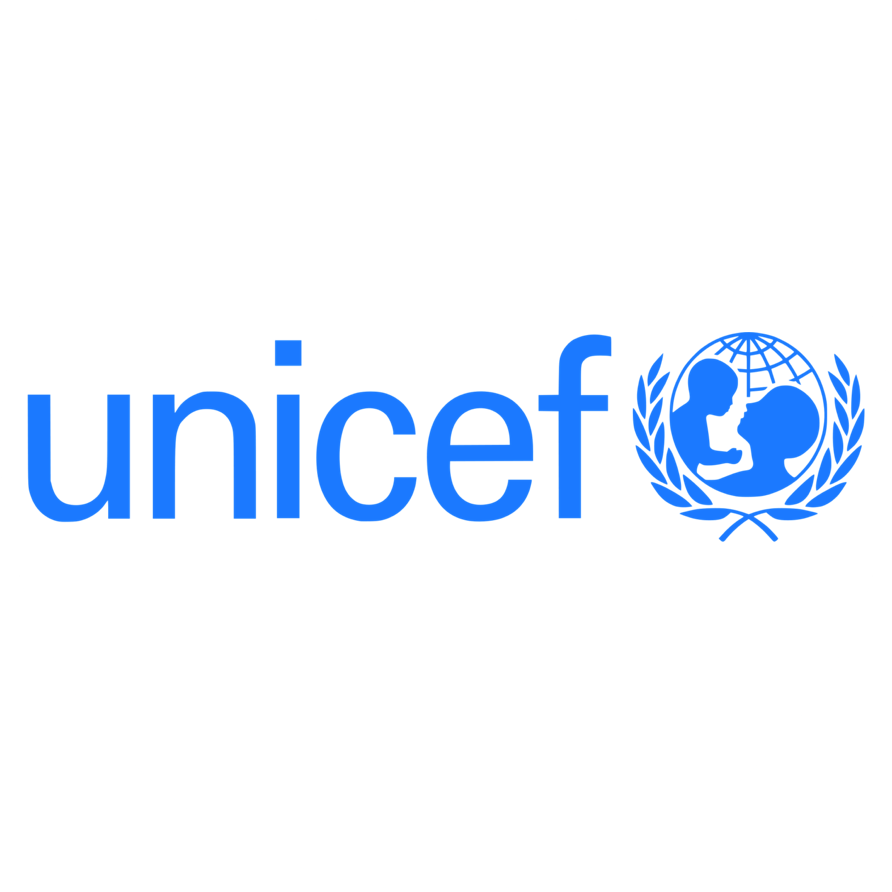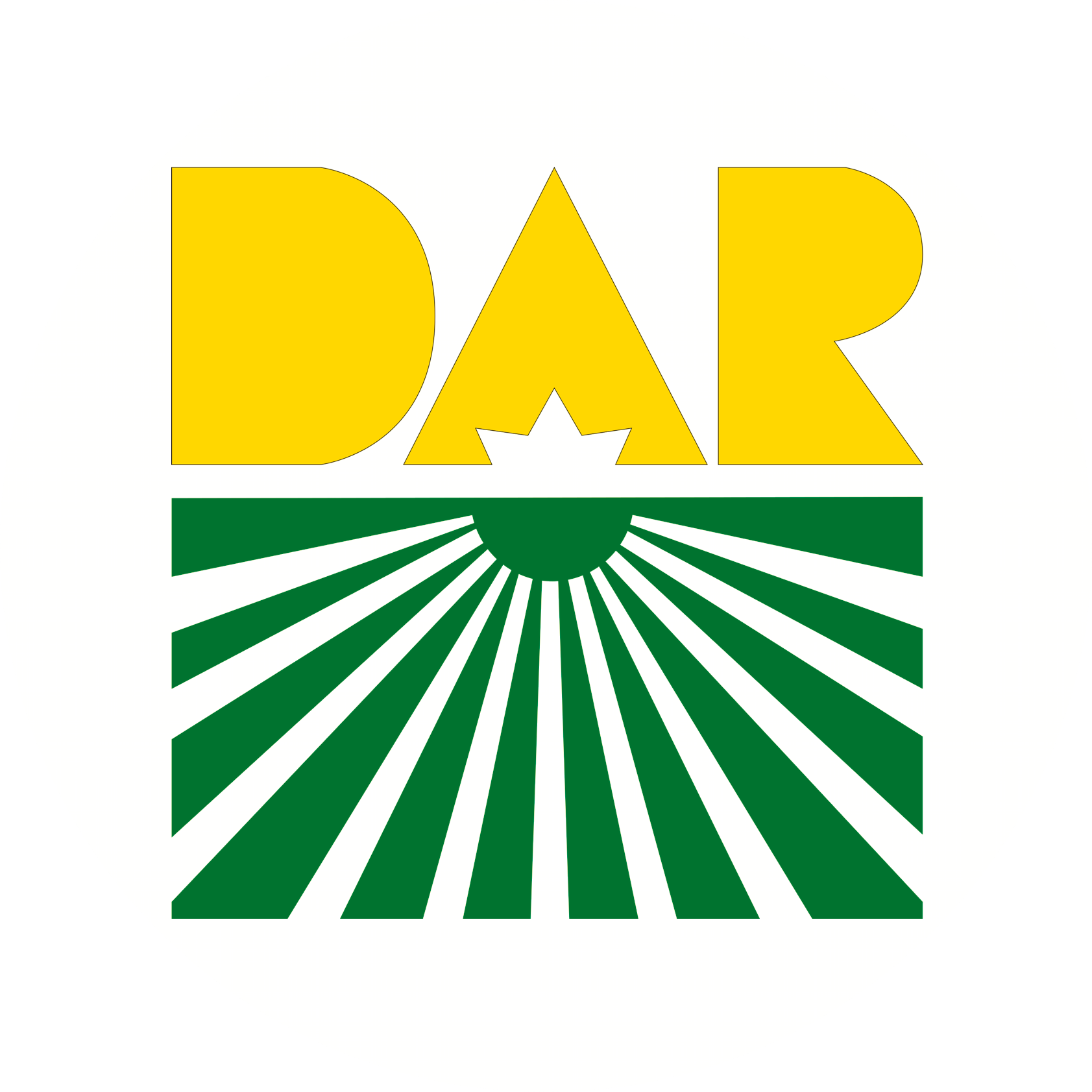Equitable Origin
Description
Background
Equitable Origin was born in 2009 out of personal experience with oil and gas development and indigenous communities in the Ecuadorian Amazon. Following extensive engagement with affected communities and other stakeholders in energy development throughout the Amazon Basin, Equitable Origin expanded to other regions, issuing the world’s first independent certification of a responsibly-operated oil production site in 2014. Equitable Origin is currently active throughout North America, with staff in Ecuador, the United States, Mexico, Colombia, and Canada.
What We Do
The Equitable Origin System drives positive change that reduces the social and environmental impact of energy development operations by fostering stakeholder dialogue and helping companies measure and benchmark their performance against the EO100™ Standard.
A History of Community Engagement
Reaching communities that neighbor existing or planned energy development has been a core consultation strategy for Equitable Origin in the development of the EO100™ Standard for Responsible Energy Development, especially considering that people without access to the Internet would have been unable to submit comments during our online public comment periods. As part of the initial consultation activities on the EO100™ Standard, Equitable Origin organized workshops in traditional formats and in local indigenous languages to introduce the concept of an independent certification system, to solicit advice on the design of the system and to better understand the specific social and environmental concerns that communities had about energy development projects.
Between 2010 and 2012, we held more than 70 workshops with local and indigenous communities affected by oil and gas exploration and production. Because of the decades of oil and gas development in Ecuador, many of these workshops were held in Ecuador’s hydrocarbon regions, including Lago Agrio, Coca, Macas, Zamora, Puyo, Morona, Archidona and, Tena, as well as a regional workshop in Cumbayá in the vicinity of Quito that brought together Indigenous Peoples leaders of all the oil regions of Ecuador. We also conducted workshops with indigenous organizations in Peru, Colombia, Bolivia and Brazil.
With the help of the Coordinating Organization of Indigenous Communities of the Amazon Basin (COICA) and Organization of Indigenous Peoples of the Amazon Basin of Ecuador (CONFENIAE) we held consultations with representatives of a variety of Indigenous communities including the Achuar, Sápara, Shiviar, Shuar, Secoya, Kichwa, Cofan, Waorani and Siona.
These workshops, along with national and international outreach efforts, enabled us to build a database of over 1,500 individual and institutional stakeholders who participated during the public consultation and comment period and facilitated our ongoing efforts to engage people, communities, and organizations affected by energy development.
Raising the bar for responsible energy development one site at a time
Whether at a wind farm or natural gas well, the production and generation of the energy that powers our lives has profound impacts on nearby people and environments. Responsible development of energy sources that meets the highest social and environmental standards can dramatically reduce negative impacts while enhancing benefits for all stakeholders. Strengthening Indigenous rights ensures Indigenous representation and promotes equitable and responsible development.
Mission
We partner with business, communities and government to support transparent, equitable, and sustainable development of energy and natural resources.
SECTOR
Gender Equality and Empowerment of Women, Natural Resource Management, Sustainability and Environment, Development Cooperation, Climate Change, Capacity Building
Country
United States of America
SDG
01 - No Poverty, 04 - Quality Education, 07 - Affordable and Clean Energy, 08 - Decent Work and Economic Growth, 10 - Reduced Inequalities, 13 - Climate Action, 15 - Life on Land
Organization Type
NGO
Similar Organizations




